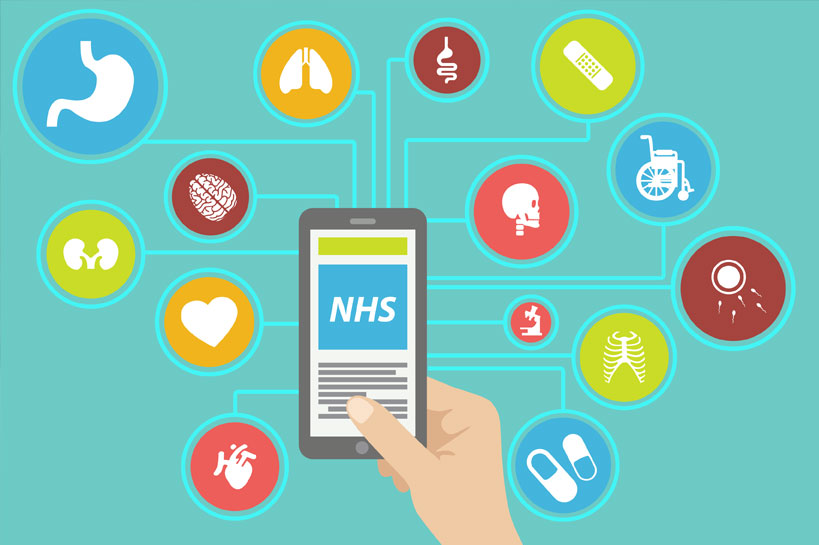
Can mHealth transform the NHS?
The take-up of mobile technology grows year-on-year. Now more people in the world have access to a mobile than clean drinking water, a bank account or television.
According to the Office for National Statistics. In the UK access to the Internet using a mobile device more than doubled between 2010 and 2014, from 24% to 58%. With 38 million adults (76% of the population) viewing the web every day – 22 million on a mobile device.
We interact with products and services differently in today’s multi-screened world. As connected consumers we have more information than ever before. With research, reviews and price comparisons just a screen tap away from influencing the decisions we make.
Traditional business models are breaking down. With publishing, music, advertising, journalism, and television being re-shaped by digital and mobile technology.
We are now accustomed to accessing services whenever we need them and wherever we are through mobile devices. Including healthcare.
There are currently over 97,000 native healthcare apps currently available. The majority promoting wellness, lifestyle and fitness.
The National Health Service (NHS) has also seen significant growth in the use of native mobile apps.
Known as mHealth (mobile health) solutions they can provide:
- Better access to healthcare information
- Help so patients can manage their conditions at home
- The ability to diagnose and track diseases
- Wider access to training for healthcare professionals
- Improved business processes
The need to save valuable resources, reduce costs and improve efficiency is driving the NHS mHealth agenda.
NHS Choices currently lists of over 500 mobile apps it recommends to patients. All with the aim of reducing the number of GP or hospital visits. Across the organisation, leaders and managers are looking to mobile technology to improve working practices, save time or cut down on paperwork.
With the NHS commissioning more mobile applications than ever before. How can internal teams ensure that proposed projects are worth pursuing?
Successful apps have three things in common:
- They meet real user needs
- They have a clear set of objectives
- They deliver a tangible return on investment
If you are considering an mHealth project. I recommend you start by asking these questions:
Do you have the right team in place?
Is the project led by a small, focussed, team prepared to tackle innovative thinking and any necessary changes in strategic direction?
Who are your stakeholders?
Who are the people that you need to involve in the app design and development and who do you need to keep informed?
Who are your users?
Do you have empathy for them and fully understand their needs?
Which mobile operating systems will you choose?
iOS (Apple), Android (Google) or Windows (Microsoft)?
Are you reinventing the wheel?
Have you researched your idea?
Has a solution already been developed and implemented elsewhere?
What are your distribution channels?
How do you intend to grow your user base?
How can you generate an income stream?
Can you make your app available via licences or online stores for example?
Do you have the right development partner?
Do they have the technical ability to deliver what you need?
Do they work in an agile, flexible and collaborative way?
Who owns the intellectual property (IP)?
Have you come to a formal arrangement with your developer about who owns the source code?
Are there any data management issues you need to be aware of?
Is the app handling sensitive data?
Is it linking to any external databases and are there any security implications?
Have you budgeted for maintenance?
Have you considered that your code may need to change when mobile operating systems are updated?
What about any new features and improvements?
What does success look like?
What are the criteria against which you will measure success?
What is the time frame for a return on your investment (ROI)?
What are you doing to reduce your exposure to risk?
Will you begin by using rapid prototyping to validate your ideas with potential user groups?
Mobile offers huge potential for innovation within the NHS.The technology can empower patients and deliver services in ways that, just a few years ago, would never have been possible.
The are many opportunities for mHealth projects to deliver real value across the NHS. But only by approaching projects in the right way can NHS leaders improve the chances of a successful outcome.
Download our free project worksheet here
